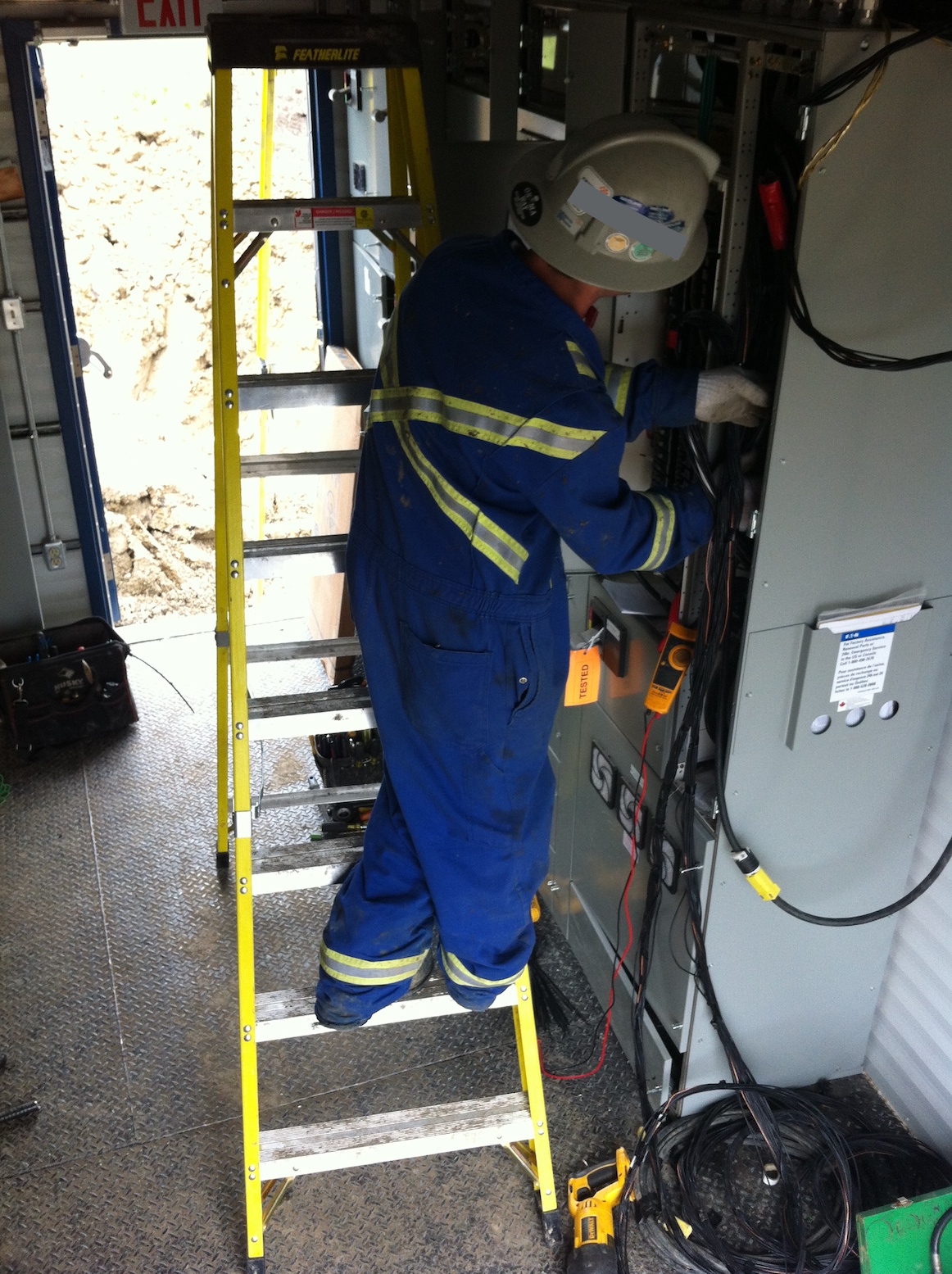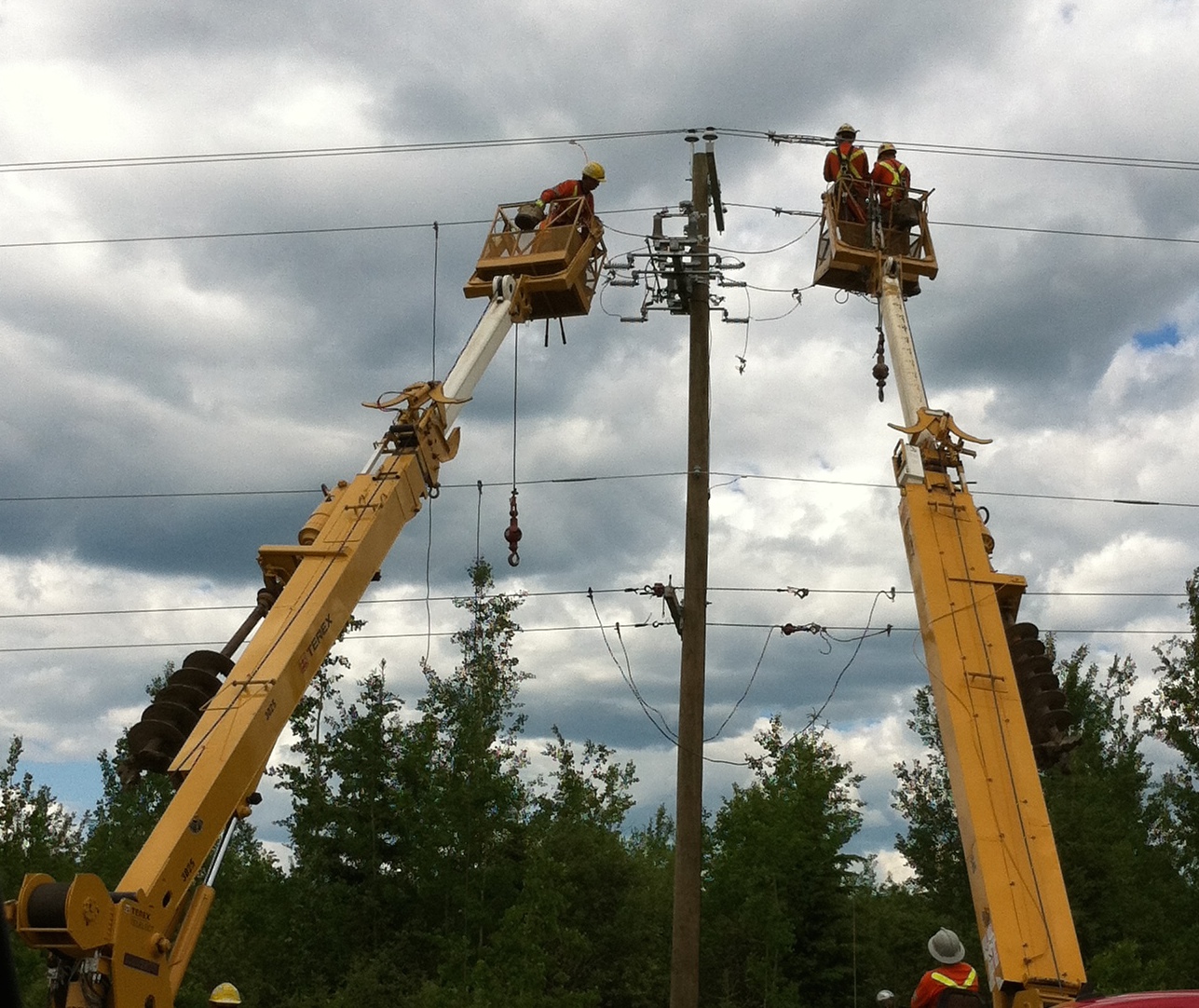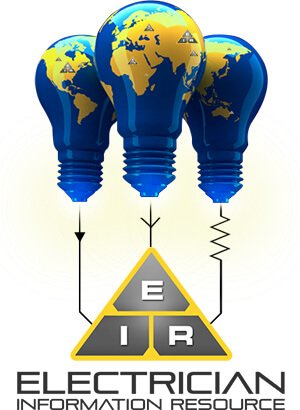Electrician Training in Philippines: Start Your Professional Journey

Are you looking for electrician training in Philippines? Do you aspire for a career that will inspire you every day and give you a reason to wake up in the morning? Then this article was written just for you. We have put together training requirements, different electrician course options, electrician salaries and much more!
When compared to other professions, electricians have a comfortable retirement. This means you are making a good choice wanting to become an electrician:
- Electricians: ₱412,500
- District Managers: ₱284,500
- Outbound Sales Agents: ₱265,236
- Carpenter: ₱152,916
- Associate Software Engineer: ₱253,000
We know that aspiring electricians are busy people and that is why we have prepared this quick menu to help you navigate through page. Through this article, you will learn about how to become a licensed electrician in the Philippines and the various career opportunities available.
Electrical Training in Philippines
Do not be fooled by an online electrical trade school in Philippines that promises you a certificate in 12 months. You will be wasting your hard-earned money and risk being arrested for forgery.
To become a qualified electrician, you are required to sit for an electrical technology course that will last for at least 24 months and gain a work experience of between 2-5 years depending on your specialization. There are numerous electrician jobs in the Philippines that are mainly as a result of industries such as gas and manufacturing. Other industries that contribute to electrician jobs are:
- Electricity
- Defense
- Personal service
- Motor vehicle industry
- Real estate and Construction
Areas of specialization you can consider include:
- Industrial
- Marine
- Shipping
- Oil and Gas
- Motor Vehicle
Nature of Tasks, Skills and Attributes
As an electrician, your work will mainly be to repair electrical wires, install service lights and operate electrical control systems. Other tasks that you will be expected to perform are:
- Diagnose malfunctioning systems
- Provide cost estimates and preliminary sketches
- Inspect electrical systems
- Provide advisory services on the safety of electrical equipment and wiring
Though an electrician career is open to all, there are certain attributes that aspiring electricians must possess. These are:
- You must be physically fit as you will stand most of the time
- Have excellent eye and hand coordination
- Have excellent communication skills
If you possess these skills and would want to enrol in an electrician school in Philippines, don’t hesitate to fill your details below and we will get in touch.

Available Electrician Courses in The Philippines
There are several electrician courses to choose from depending on your interest and geographical position. For example; you can decide to enrol for industrial electrician training Philippines or for a marine electrical training program if your geographic area allows it. Some electrical courses will also depend on your level of training such as a practical electricity and electronics course that is suitable for first-time electricians.
Other electrician courses up for grabs in the Philippines are:
- Electrical Installation and Maintenance NC II
- Industrial Electrician Course
- Masters Electrician Course
- Marine Electrician Course
- Advanced Industrial Motor Control Course
- High Voltage Cable Splicing and Termination Course
Electrical Installation and Maintenance NC II
An electrical and Maintenance NC II is a course offered by the Technical Education and Skills Development Authority {TESDA}. The authority also accredits and licenses schools to offer these courses.
Duration and Requirements
Electrical installation and Maintenance NC II will require you to complete 402 hours of training. The following requirements are mandatory to enrol for a TESDA electrical course:
- Have a high school diploma
- Have a copy of your NSO birth certificate
- Have certified copies of your high school transcripts
- Have a 2 by 2 picture of yourself
- Have a certificate of good conduct
After you enrol for an electrical installation and maintenance course, you will be required to undergo a competency assessment test before you graduate. This will open doors for you in electrical careers such as either a:
- Maintenance Electrician
- Commercial Wiring Electrician
- Residential Wiring Electrician
- Building-Wiring Electrician
Industrial Electrician Training in Philippines
A course in industrial electrical training will last for at least 72 hours. It will teach you concepts such as using electrical instruments, safety, electrical control, blueprints and troubleshooting. The course is designed to enable you to perform electrical maintenance work in an industrial setting, to be able to interpret schematic diagrams of motor control circuits and use electrical instruments.

Masters in Electrical Engineering Philippines
Obtaining a degree in electrical engineering will make you a master electrician. As a master electrician in Philippines, you will earn a higher salary than a residential electrician and your opinion will be highly respected. A master electrical engineering course is a combination of multiple short courses. Some of these courses are:
- Industrial Electrician Course
- Building Wiring and Maintenance
- Advanced Industrial Motor Controls
- Electrical Troubleshooting, Wiring and Control
The course will prepare you for a master electrician license exam that is issued by the Professional Regulation Commission {PRC}. To get the license, you will be required to fulfil the following conditions:
- Provide a marriage certificate if you are a married woman applicant
- Pay an application fee of P600.00
- Provide your birth certificate
- Provide copies of your scanned transcripts
Before you become a registered master electrician Philippines, you must meet the following minimum work experience:
- Have a certificate of employment and have completed a 3-year electrical course
- Have undertaken a 12-month apprenticeship program in wiring, operation, and installation.
- Have an apprenticeship experience of 5 years if you are a high school graduate
- Have sat for a 2-year vocational electrician course with a 2-year apprenticeship experience in electrical installation and maintenance
OR
- Have sat for a 1-year vocational electrician course with an apprenticeship experience of 3-years in electrical installation and maintenance
Electrician Training in Philippines | Marine Electrical Courses
This course is ideal for electricians who are thrilled about ships. It's lucrative because of the increasing number of both sea exports and imports in the Philippines. Marine courses consist of the following courses:
- Electrical systems
- Measuring instruments
- Electrical distribution system
- Generators
- Circuit breakers
- Electrical Safety
- Motor control devices
- Electrical motors
- Electrical control circuit
The two main prerequisite ship electrician requirements Philippines is prior knowledge of practical electricity and the determination to become a ship electrician. If you are interested in becoming a marine electrician, fill in your details below and we will get in touch!
Duration of the course:
This is a 48-hour course.
Electrician Training in Philippines | Advanced Industrial Motor Control Course
This course will teach you about electrical motors. You will also learn how to design motor control circuits, troubleshoot motor controls and programmable logic controllers.
The pre-requisite requirements for enrolling in this course are knowledge on reading schematic diagrams, electrical principles and knowledge in the use of multi-testers.
Duration of the course:
This is a 72-hour course. Enrol Now.
Electrician Training in Philippines | High Voltage Cable Splicing and Termination Course
If you plan to work as a power line repairer and installer, then this course will come in handy. The course is designed to help electricians safely handle, repair and troubleshoot electric cables. Through this course, you will be able to use tools such as cable strippers and hydraulic crimpers. You will also be able to test cables using a DC HI-Pot.
One prerequisite requirement for this course is that you must have prior knowledge of the fundamentals of electricity.
Duration of the course:
This is a 24-hour course. Enrol Now.
Electrical Safety Training Philippines
All aspiring electricians are required to be conversant with the Philippine Electrical Code. The main purpose of this code is to establish a standard for use in electric materials and work standards to ensure the safety of both electricians and power consumers.
The national electric code is required to be followed by all electricians throughout the country. It is important to mention that the code makes it mandatory for establishments to carry out an electrical safety audit especially if there is a new owner. The purpose of this is to identify potential safety hazards that could result in loss of life and damage to property.
Electrician Salary in Philippines
Your salary will vary depending on several factors:
- Location
- Experience
- Specialization
Due to the law of demand and supply, certain regions will pay more than other regions in the Philippines. The more the work experience, the higher the salary as you will be able to command a premium for your services. Your experience will make you an expert and this means that your opinion will be highly appreciated.
Another factor that affects your salary is your field of specialization. For example, an electrical contractor Philippines who has specialized in power line repair and installation is likely to earn more than a residential electrician. The following are examples of electrician salaries in the Philippines:
- Industrial Electrician: ₱165,500
- Maintenance Electrician: ₱173,900
- Electrician Assistant: ₱156,000
- Master Electrician: ₱197,380
- Electrical Contractor: ₱412,500
To enrol for an auto electrical training Philippines or to start your electrician journey, do not hesitate to reach out to us and we will immediately connect you to an accredited electrical trade school in Philippines.

Ready To Get Electrician Training In Philippines?


Return to the Electrician Information Resource homepage to explore more topics.





